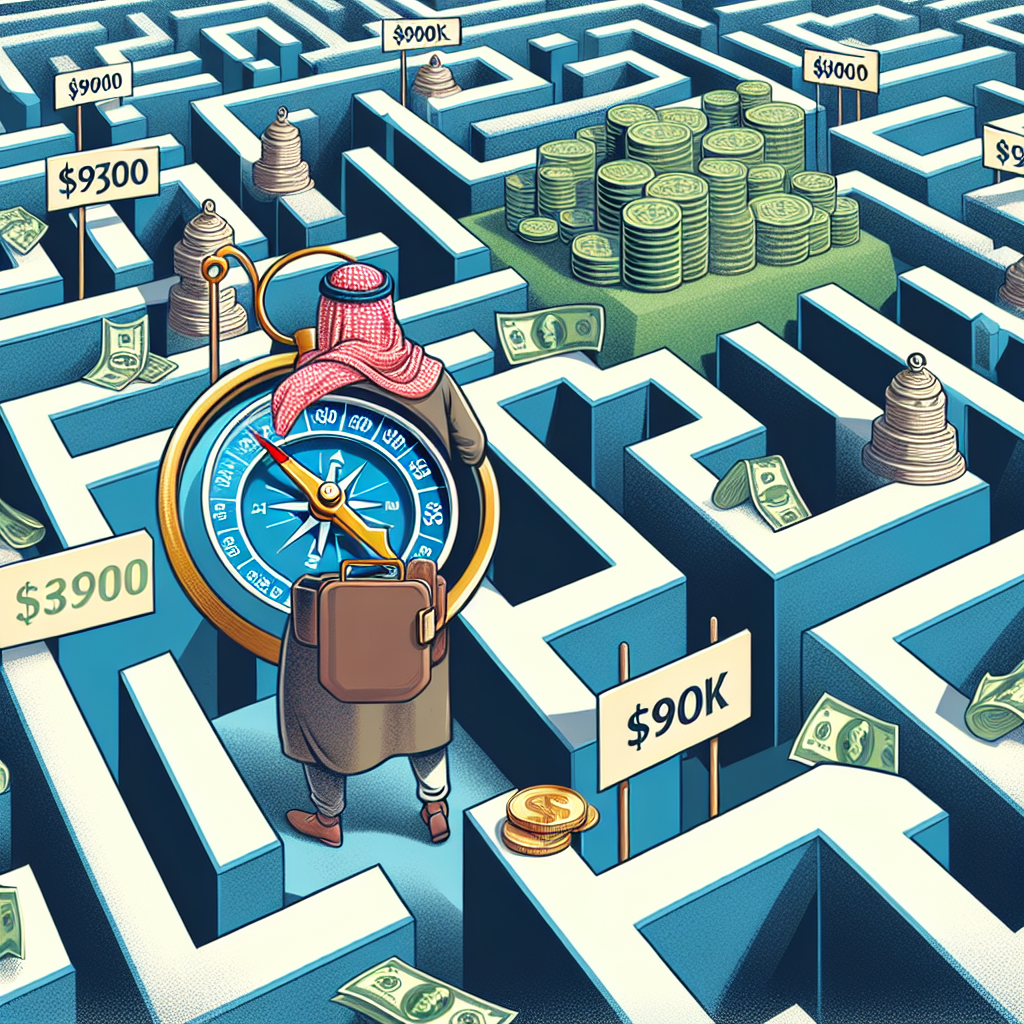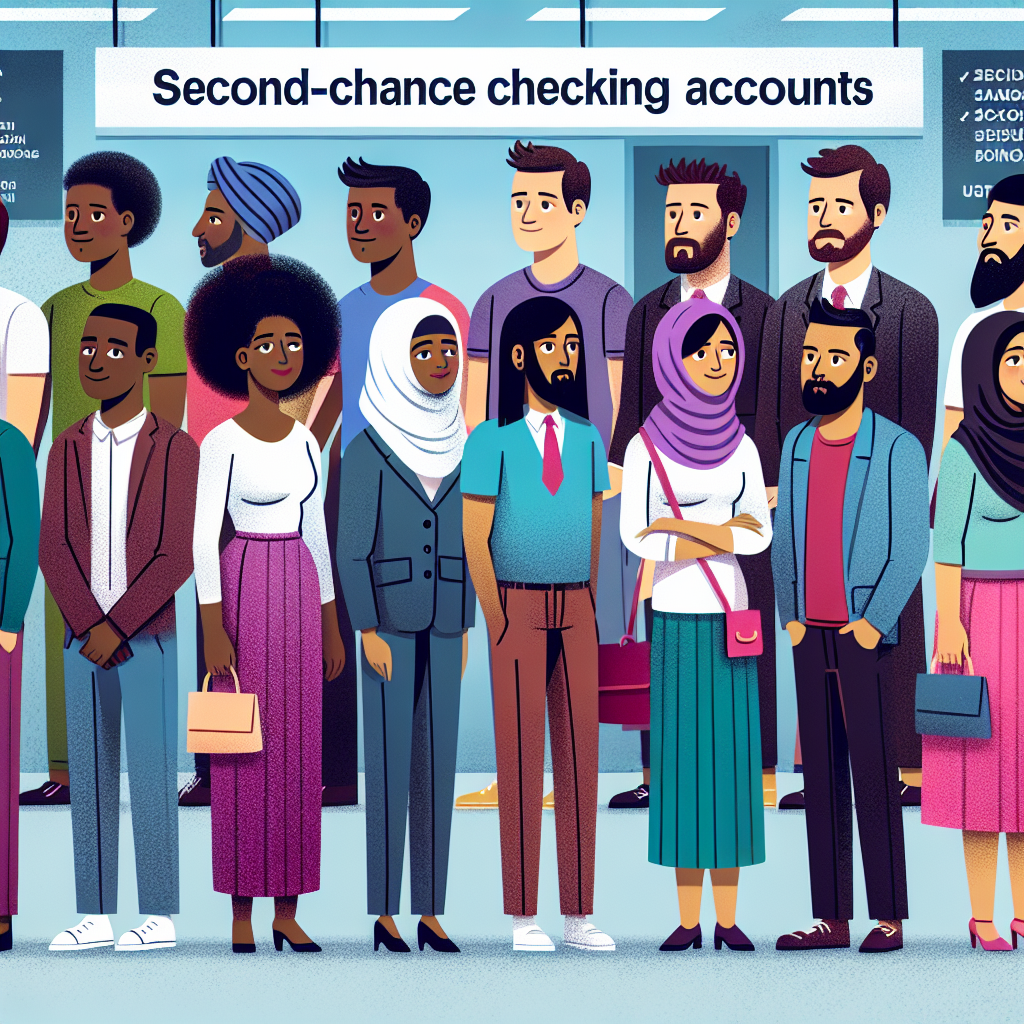Stashing away $900,000 for a home opens up a broad spectrum of possibilities. Interestingly, this figure more than doubles the median home value nationwide, which clocked in at $406,700 as of July 2023 according to the National Association of Realtors. Breaking down the numbers, if you put down 20 percent upfront and opt for a 30-year fixed mortgage with a 6.8 percent interest rate, your monthly payments on principal and interest alone would land around $4,693. When you tack on property taxes and homeowners insurance—both of which can swing dramatically depending on where you live—expect to shell out at least several hundred dollars more per month, pushing the total mortgage tab to approximately $5,400 monthly. Crunching that over twelve months, you’re looking at roughly $64,800 annually in mortgage payments.
Midway fact: The average property tax rate across the U.S. is about 1.07% but varies from as low as 0.28% in Hawaii to over 2.4% in New Jersey. Such disparities heavily influence your monthly housing cost.
What Annual Income Supports a $900K Mortgage?
Financial gurus frequently counsel against allocating more than roughly one-third of your gross income toward housing expenses. Taking this advice, multiplying the $64,800 mortgage annual cost by three suggests you’d need an income in the ballpark of $194,400 to comfortably handle a $900,000 home purchase. Keep in mind, though, this doesn’t factor in initial outlays like closing fees or the down payment itself—a hefty $180,000 if you stick to that 20 percent benchmark—so your earnings must cover more than just monthly mortgage dues.
Getting Real with the 28/36 Rule
Before diving into buying, it’s wise to get familiar with a spending guideline embraced by many money pros, known as the 28/36 rule. It proposes that no more than 28 percent of your monthly income should funnel into housing, and the full load of your debts shouldn’t cross 36 percent.
Applying this to the $194,400 annual income estimate from above breaks down to $16,200 in monthly earnings. According to the rule, housing costs ideally shouldn’t eclipse $4,375 a month, covering mortgage principal, interest, property tax, insurance, and any homeowners association fees.
When it comes to the 36 percent ceiling, tally up all your debts each month—credit cards, car loans, student loans—and add your housing expenses. If this combined figure overshoots that marker, you may be stretching your finances thinner than advisable.
Where Can $900K Take You?
If your income comfortably supports such a purchase, you’re in league with buyers across the nation, even in notoriously pricey urban hubs like New York City or San Francisco. Still, keep in mind that the purchasing power of $900K in Manhattan’s heart or San Francisco’s Pacific Heights differs vastly from what it can snag you in more affordable regions.
Key Factors Influencing Your Buying Power
Beyond annual earnings and sticker price, multiple personal and financial elements sway how much home you can afford. Among these:
- Down Payment: The heft of your upfront cash injection directly shrinks the loan balance, trimming interest paid and monthly bills. Falling short of 20 percent often means tacking on additional fees, such as private mortgage insurance.
- Interest Rate: Your mortgage’s rate hinges largely on your credit score; stellar scores unlock friendlier rates, trimming monthly expenses noticeably.
- Loan-to-Value Ratio (LTV): This ratio compares what you borrow to your home’s worth and remains a vital yardstick for lenders.
- Debt-to-Income Ratio (DTI): Reflecting your monthly obligations against income, this metric weighs heavily in lenders’ scrutiny.
- Financial Assistance: Numerous programs exist—especially aimed at first-time buyers—that can chip in with down payments or closing costs, though high earners often find themselves priced out of these offers.
Hold Steady Until Closing
Approaching closing, keeping your finances steady is crucial—big purchases or fluctuating income might spook lenders, possibly causing them to rethink your eligibility. Maintaining a solid credit score and a stable debt profile throughout the process is non-negotiable.
Also, stay tightly connected with your real estate agent. Their intimate knowledge of local market quirks and negotiation savvy can safeguard against delays and smooth out the closing journey.
Common Questions Addressed
Is a $200K Salary Enough for a $900K Home?
Provided you’ve got the upfront stash for down payment and closing costs, plus a financial cushion for upkeep and emergencies, it might just be feasible—though it could get tight. Using the same 20 percent down and 6.8 percent fixed mortgage rate assumptions, your monthly principal and interest payments hover around $4,693. The 28 percent rule suggests you shouldn’t dip past $4,666 monthly on housing from a $200K salary, so small differences in property tax and insurance can tip the scale. Don’t overlook debts like credit cards—they factor in heavily when lenders run the math.
What’s the Monthly Cost of a $900K Home?
Assuming you stick with a 20 percent down payment and a 30-year fixed mortgage at 6.8 percent interest, expect about $4,693 a month for principal and interest. But brace for property taxes and homeowners insurance, which vary wildly by location and bump up that figure.








